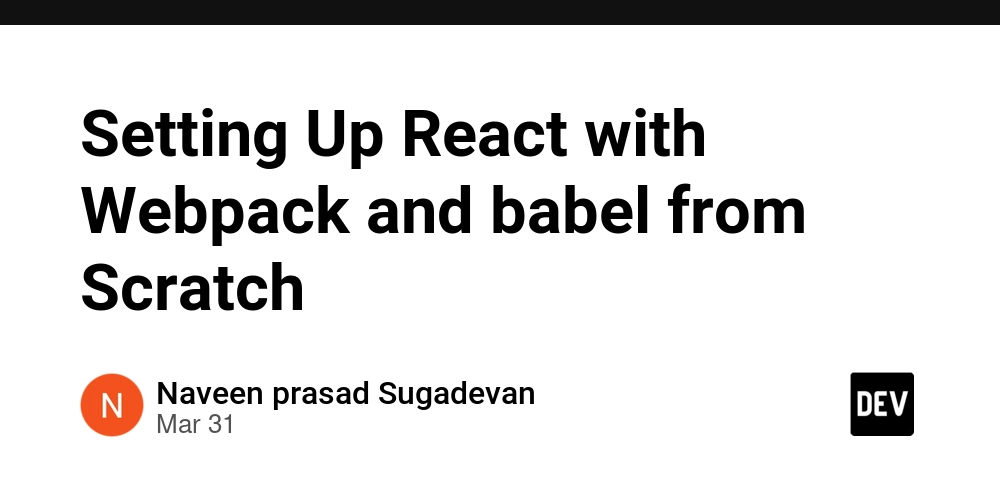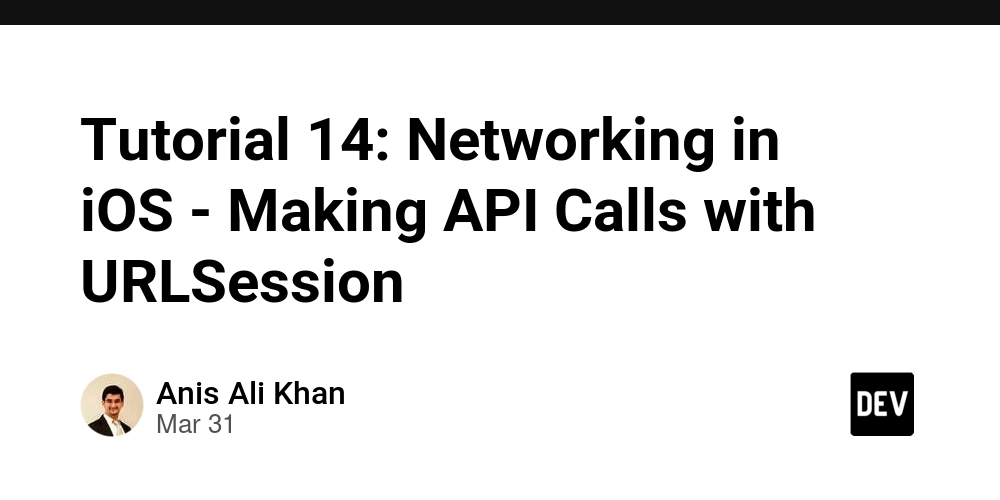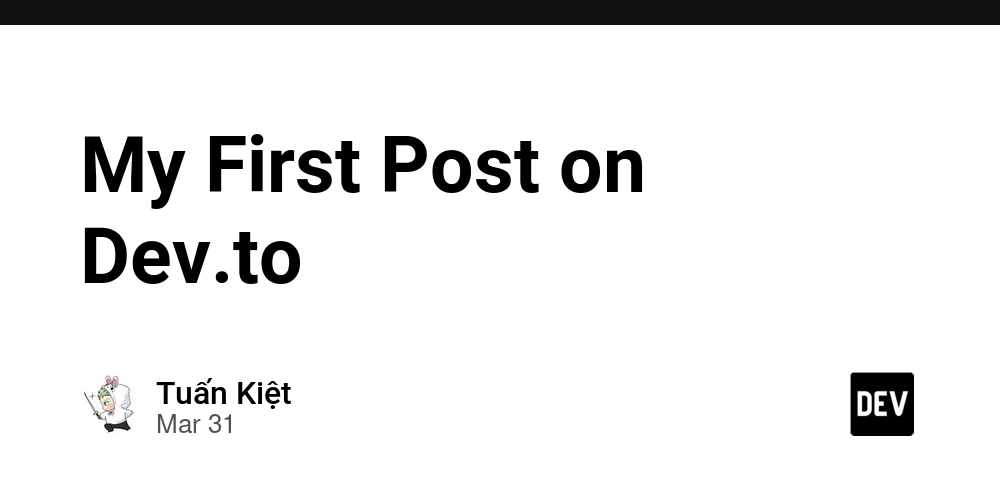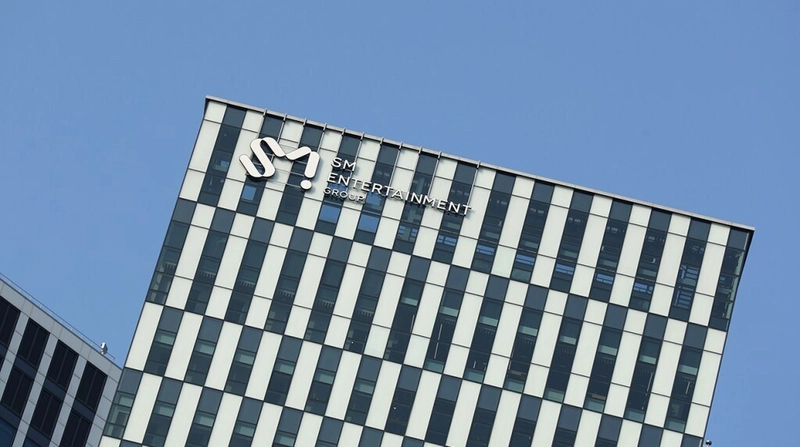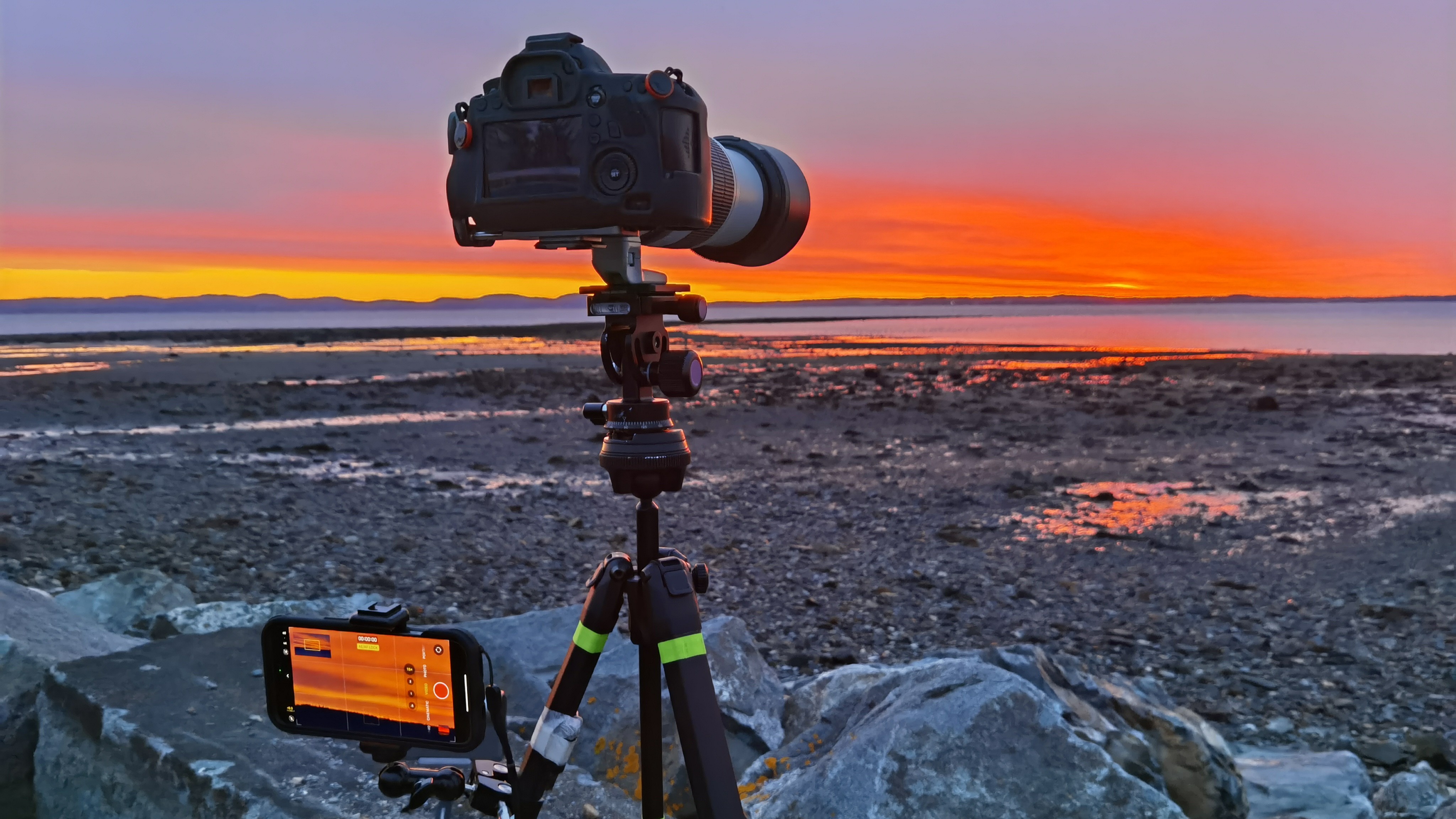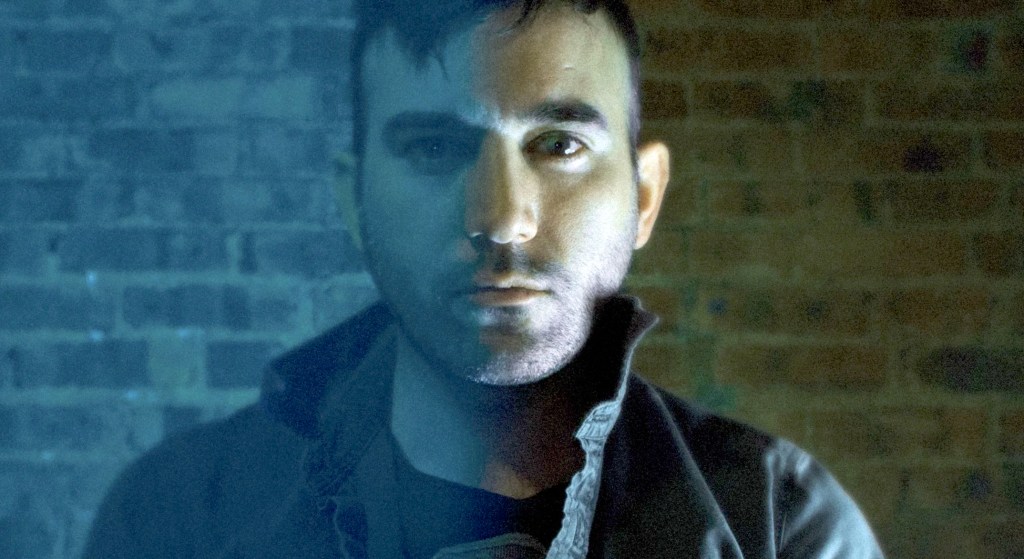ICE Got Warrants Under “False Pretenses,” Claims Columbia Student Targeted Over Gaza Protests
The law behind the warrants bars concealment of people in the country illegally, yet the students were legal residents living on campus. The post ICE Got Warrants Under “False Pretenses,” Claims Columbia Student Targeted Over Gaza Protests appeared first on The Intercept.

Earlier this month, while hunting for Columbia University students to deport over their ties to Gaza protests, the Trump administration convinced a federal judge to sign off on search warrants for two students’ dorm rooms — then raided the residences with U.S. Immigration and Customs Enforcement agents.
As details about the warrants have emerged, however, so have allegations that federal agents misled the court and secured the warrants under “false pretenses,” as one of the students whose room was searched, Yunseo Chung, claimed in a lawsuit challenging her deportation.
The warrants were predicated on probable cause that Columbia was “harboring” students who were in the country illegally, court filings indicate. Chung, however, is a lawful permanent resident, notwithstanding the Trump administration’s efforts to deport her based on her arrest and citation at a Gaza sit-in. She has lived in the U.S. since she was 7 years old.
“The basis for this entire operation is constitutionally invalid.”
“The idea that they went before a federal magistrate judge and said, ‘We have to search Ms. Chung’s residence for evidence of Columbia harboring her’ — that shows they’re willing to lie to a judge,” said Nathan Yaffe, an immigration attorney.
Yaffe represents both Chung and the other Columbia student who was targeted by the search warrants, Ranjani Srinivasan, who left the country in mid-March.
Most of the materials relating to the search warrants remain under seal in federal court, and Columbia declined to comment on them, citing student privacy protections. ICE did not respond to The Intercept’s questions about the warrants.
“If the government falsified information to get the warrant, that is its own bundle of serious problems,” said Joshua Colangelo-Bryan, an attorney at Human Rights First who also represents Chung. “But even if not, the basis for this entire operation is constitutionally invalid.”
“Harboring and Concealing”?
The search warrants served on Columbia first became public through a late-night statement from the university on March 13, just five days after the jarring arrest of Mahmoud Khalil in the lobby of his Columbia apartment building. The school did not include the targeted students’ names, the specific buildings, or the government’s legal justification for searching them.
“I am writing heartbroken to inform you that we had federal agents from the Department of Homeland Security (DHS) in two University residences tonight,” Columbia interim president Katrina Armstrong wrote in her statement. Armstrong emphasized that university protocol “requires that law enforcement have a judicial warrant to enter non-public University areas” — which ICE satisfied by serving warrants signed by a federal magistrate judge.
“The University is obligated to comply with the law,” Armstrong wrote. “No one was arrested or detained. No items were removed, and no further action was taken.”
The next day, a top Justice Department official bragged about the unsuccessful raid in a speech. His remarks offered the first clues about the story the Trump administration told the federal judge who signed the warrants.
“Just last night we worked with the Department of Homeland Security to execute search warrants from an investigation into Columbia University for harboring and concealing illegal aliens on its campus,” said Todd Blanche, the U.S. deputy attorney general. Blanche offered no evidence in his speech to support the allegation against the university.
The federal anti-harboring statute makes it a crime to knowingly conceal noncitizens who are in the country illegally. Like many of the country’s laws around immigration, the anti-harboring provision is written in broad language, which the Trump administration has wielded to threaten legal aid organizations and other groups that advocate for immigrants’ rights.
Broad as the language is, however, the law still has concrete requirements. First, the people being “harbored” must lack legal status to be in the U.S. And “harboring” requires some sort of active concealment or obstruction, as opposed to simply declining to assist ICE in deportation.
Courts have differed in their particular definitions, but the 2nd U.S. Circuit Court of Appeals, whose precedent is binding in New York federal courts, has ruled that a conviction for “harboring” requires “conduct tending substantially to facilitate an alien’s remaining in the United States illegally and to prevent government authorities from detecting his unlawful presence.”
The U.S. Supreme Court has not defined “harboring,” but in 2023 it interpreted other parts of the same statute to require proof of the defendant’s specific intent to break the law.
The typical case under the harboring statute involves active concealment to help people who are undocumented or who have been ordered deported by an immigration judge to avoid being located by ICE, explained David Leopold, an immigration attorney. He contrasted that active concealment with sanctuary churches that have welcomed undocumented people to live in their facilities, which offered some protection against ICE raids.
“The reason the churches weren’t charged with harboring,” Leopold said, “was that it was open and obvious that the person was living there. They weren’t hiding them surreptitiously.”
“Legal Impossibility”
When federal agents sought search warrants targeting Srinivasan and Chung’s residences, the anti-harboring statute was the sole legal justification they offered to support probable cause of a federal crime, according to a copy of one of the warrants filed with Chung’s lawsuit.
So far, the government hasn’t offered evidence, at least not publicly, that Columbia was taking any active steps to obstruct ICE or conceal anyone on its campus. More fundamentally, both Chung and Srinivasan came to the U.S. entirely lawfully, and neither had appeared before an immigration judge, much less received a deportation order.
On May 5, Srinivasan learned that the State Department was revoking her student visa in an email from the U.S. consulate in India. In the following days, ICE agents visited her apartment building at Columbia twice without a warrant, threatening through the door to keep coming back until they put her in deportation proceedings.
On May 11, after Columbia informed Srinivasan that she had been withdrawn from enrollment because of her revoked visa and urged her to meet with immigration agents, she boarded a flight to Canada rather than fight her deportation. ICE was apparently unaware that Srinivasan was no longer in the U.S. when three agents searched her room two days later.
“We have a warrant to search this premises for electronics and documents related to Ranjani Srinivasan,” a masked ICE agent explained to Srinivasan’s roommate, according to video reviewed by The Intercept. Before leaving, the agent identified himself as special agent Brian Carlucci and left her a copy of the search warrant, which he signed.
ICE did not follow the proper steps to revoke Srinivasan’s legal status in the country, Yaffe told The Intercept, which means she was always in the country lawfully.
“In my view it was unfounded to seek to execute a warrant for ‘harboring’ her,” Yaffe said, That “layer of pretext is not as clearcut” for Srinivasan as it was for Chung, he said, given the latter’s green card.
Chung and her attorneys first heard from DHS agents on March 9 that the State Department had determined she should be deported under the same arcane legal provision that Secretary of State Marco Rubio invoked against Khalil, who also has a green card.
On Thursday, Rubio told reporters he had revoked more than 300 students’ visas so far, and was finding new ones to revoke daily.
Whatever power Rubio may have to revoke visas and green cards over otherwise protected speech — which is currently being tested in numerous lawsuits by students who have been detained or threatened with deportation — his pronouncements do not immediately transform a lawful resident into an unlawful one, Chung’s attorneys told a federal court on Tuesday.
“No matter what Secretary Rubio says, she remains a permanent resident until the immigration court decides otherwise.”
“No matter what Secretary Rubio says, she remains a permanent resident until the immigration court decides otherwise,” attorney Ramzi Kassem said at the hearing. “And as long as she’s a permanent resident, she cannot be ‘harbored.’ The statute does not apply to her.”
Chung’s court filings did not include the more detailed affidavits that the agents submitted to federal Magistrate Judge Robert W. Lehrburger on March 13, which remain under seal.
“I can’t imagine what truthfully could have been said in those affidavits to make the harboring statute relevant,” Colangelo-Bryan said.
Chung’s lawsuit asserts the warrants were “obtained on false pretenses” and were just pretext to get close enough to arrest her and Srinivasan. In their warrant application, the government indicated to the judge that agents were searching for records related to the students’ “affiliation with Columbia University,” such as lease agreements, student conduct materials, and communications with the school.
ICE executed both warrants at Columbia between 9 and 10 p.m. on March 13, according to court filings. Yet they didn’t seize anything during their searches.
“It’s clear that they that they were not actually searching for anything relating to those documents,” Yaffe said, “leaving aside that it’s a legal impossibility to ‘harbor’ Ms. Chung.”
Other attorneys have been even more strident than Chung’s legal team in demanding answers about how the warrants were issued.
“Excuse the profanity, but this is absolutely fucking insane,” wrote Aaron Reichlin-Melnick, a senior fellow at the American Immigration Council, in a social media post, “and such a clear overreach that I can’t believe a magistrate judge authorized a warrant here.”
After the hearing on Tuesday, a different federal judge, Judge Naomi Reice Buchwald of the District Court, issued a temporary restraining order that bars the Trump administration from detaining Chung or moving her out of the state, as ICE did with Khalil and other student activists.
Buchwald’s order did not address Chung’s allegations about the search warrants, although she noted in the hearing that she had pulled the government’s affidavit from court files and was reviewing it.
The post ICE Got Warrants Under “False Pretenses,” Claims Columbia Student Targeted Over Gaza Protests appeared first on The Intercept.











